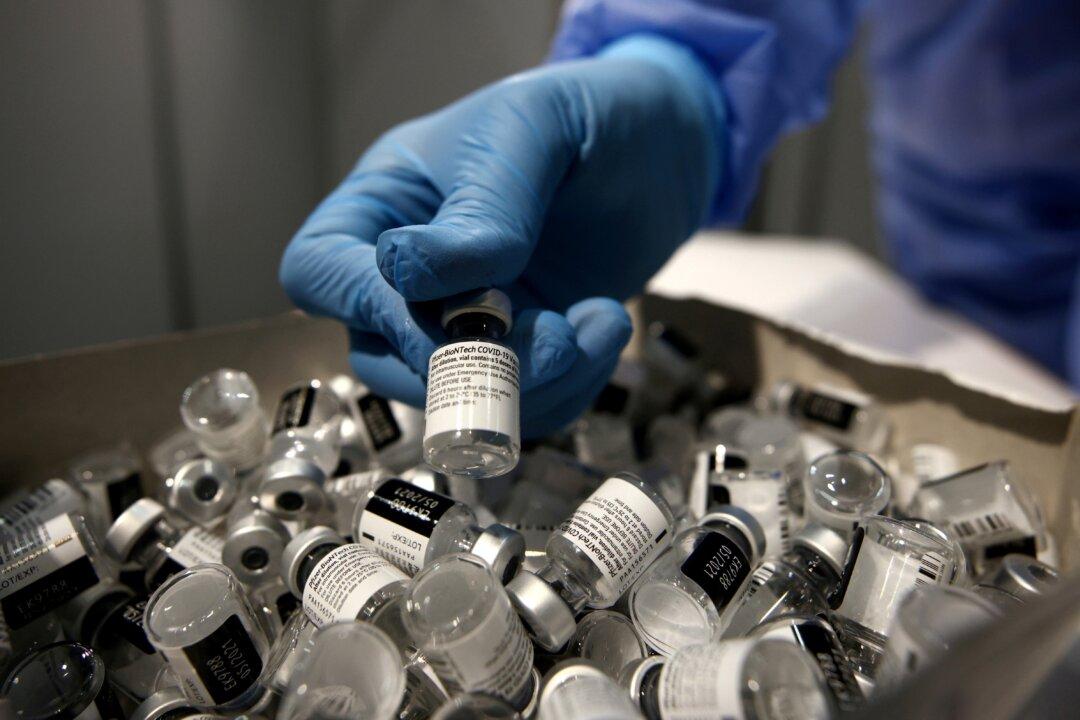Counterfeit versions of Pfizer’s COVID-19 vaccine have been identified in Mexico and Poland, the pharmaceutical maker has confirmed to The Epoch Times.
“We are cognizant that in this type of environment—fueled by the ease and convenience of e-commerce and anonymity afforded by the Internet—there will be an increase in the prevalence of fraud, counterfeit, and other illicit activity as it relates to vaccines and treatments for COVID-19,” a spokesperson said in an emailed statement.





